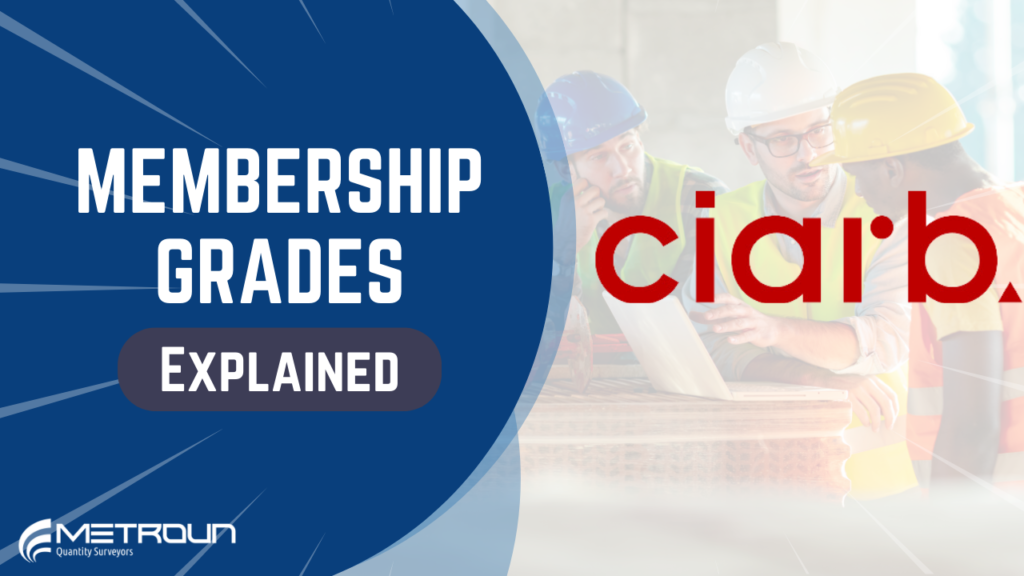The Chartered Institute of Arbitrators, or CIArb for short, is defined as an independent, charitable membership organisation incorporated by Royal Charter, committed to supporting the effective resolution of disputes. In this article, we’ll explore the benefits of becoming a member, the routes to membership, and associated subscription fees.
As always, we like to start with some history. CIArb, was founded as the Institute of Arbitrators on 1st March 1915 in the United Kingdom, aiming “to raise the status of Arbitration to the dignity of a distinct and recognised position as one of the learned professions”. It was granted Royal Charter in 1979, and became recognised as a charity 1990, whose main objective was to promote and facilitate the determination of disputes by arbitration and alternative means of dispute resolution, other than resolution by the courts. In 1999, a new category of Member was introduced, resulting in three membership grades of Associate, Member and Fellow. At the same time, a new qualification of Chartered Arbitrator was introduced.
So why become a member?
Well as stated by CIArb, membership offers
- Opportunities to develop your knowledge skills and experience in dispute resolution through acclaimed training
- Access to global and local events and discussion forums for networking
- Professional guidance to support you in adapting to developments in dispute resolution as they arise
- Resources to help you navigate your career journey and work effectively as a professional
- And a voice for the global dispute resolution community, representing the progression on the key issues when it counts
So let’s look at each membership grade.
Student
First off we have Student member. For this you’ll need to provide evidence showing that you are currently studying at a university or at a higher-education institution. Student membership is free of charge.
Associate
Next up we have Associate. This grade comes with the ACIArb postnominal. To become and Associate member you must choose one of the following routes:
- Ciarb qualification route: successfully complete one of the Associate grade qualifications
- The RCP route: submit evidence that you have successfully completed an accredited course with one of the Recognised Course Providers.
- And lastly the expertise route: provide evidence of a minimum of six months’ experience in dispute avoidance or dispute management
Fees for membership depend on region. However, for the UK it’s s a £110 application fee, and a £313 annual fee.
Member
Next we have Member. This grade comes with the MCIArb postnominal. To become a Member, you must choose one of the following routes:
- Ciarb qualification route: successfully complete on of the Membership grade qualifications
- The RCP route: same as Associate, submit evidence that you have successfully completed an accredited course
- And the expertise route: where you’ll need to provide evidence of a minimum of five years’ experience in arbitration, adjudication or mediation in a lead/ sole capacity.
Fees for UK members include a £110 application fee, and a £419 annual fee.
Fellow
And finally we have Fellow grade. This grade comes with the FCIArb postnominal. To become a Fellow, you must choose one of the following routes:
- Ciarb qualification route: successfully complete one of the Fellow grade qualifications
- The RCP route: same as Associate & Member, submit evidence that you have successfully completed an accredited course
- And the expertise route: where you’ll need to provide evidence of a minimum of ten years’ experience in arbitration, adjudication or mediation in a lead/ sole capacity.
Fees for UK members include a £110 application fee, and a £493 annual fee.






